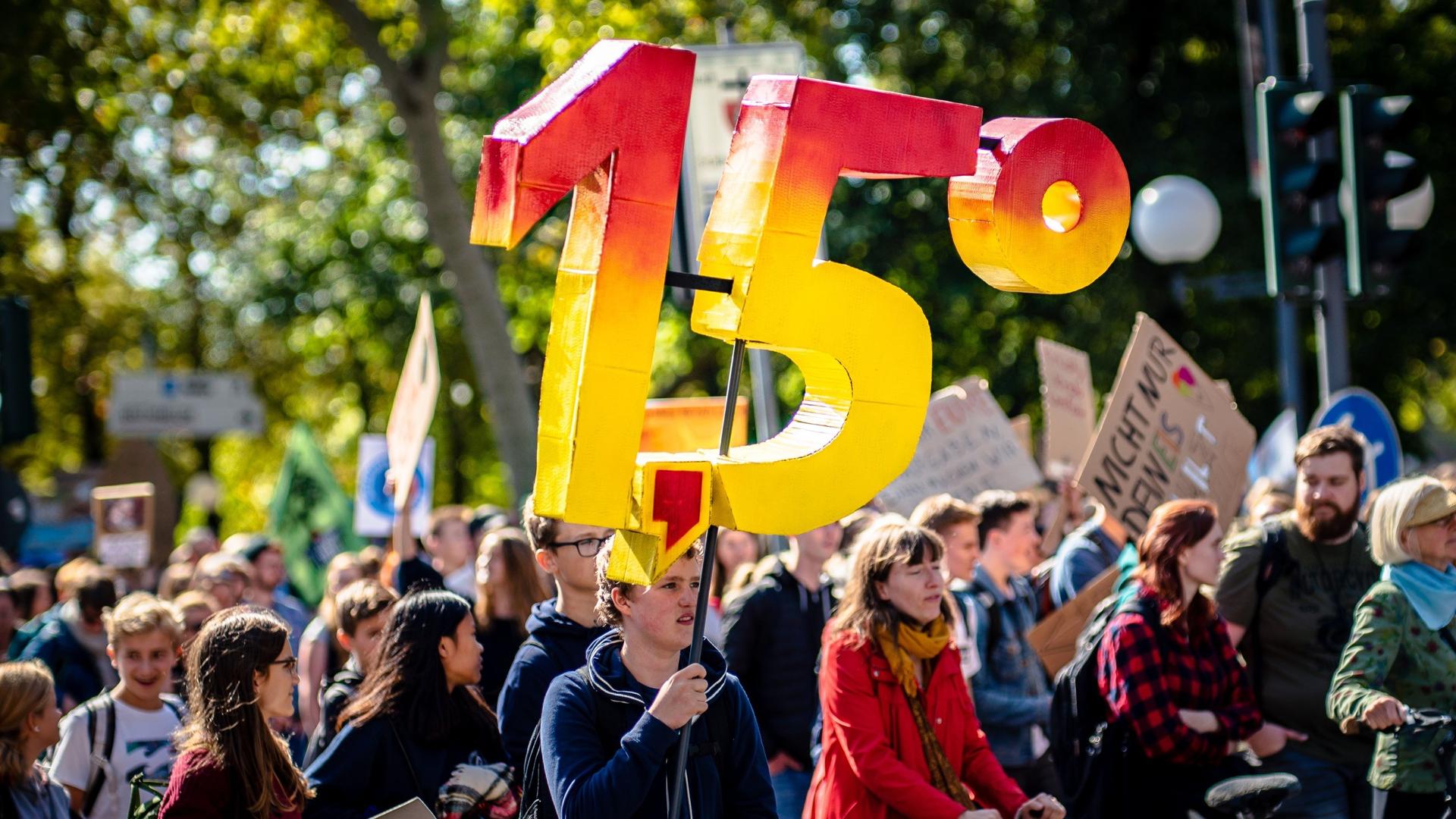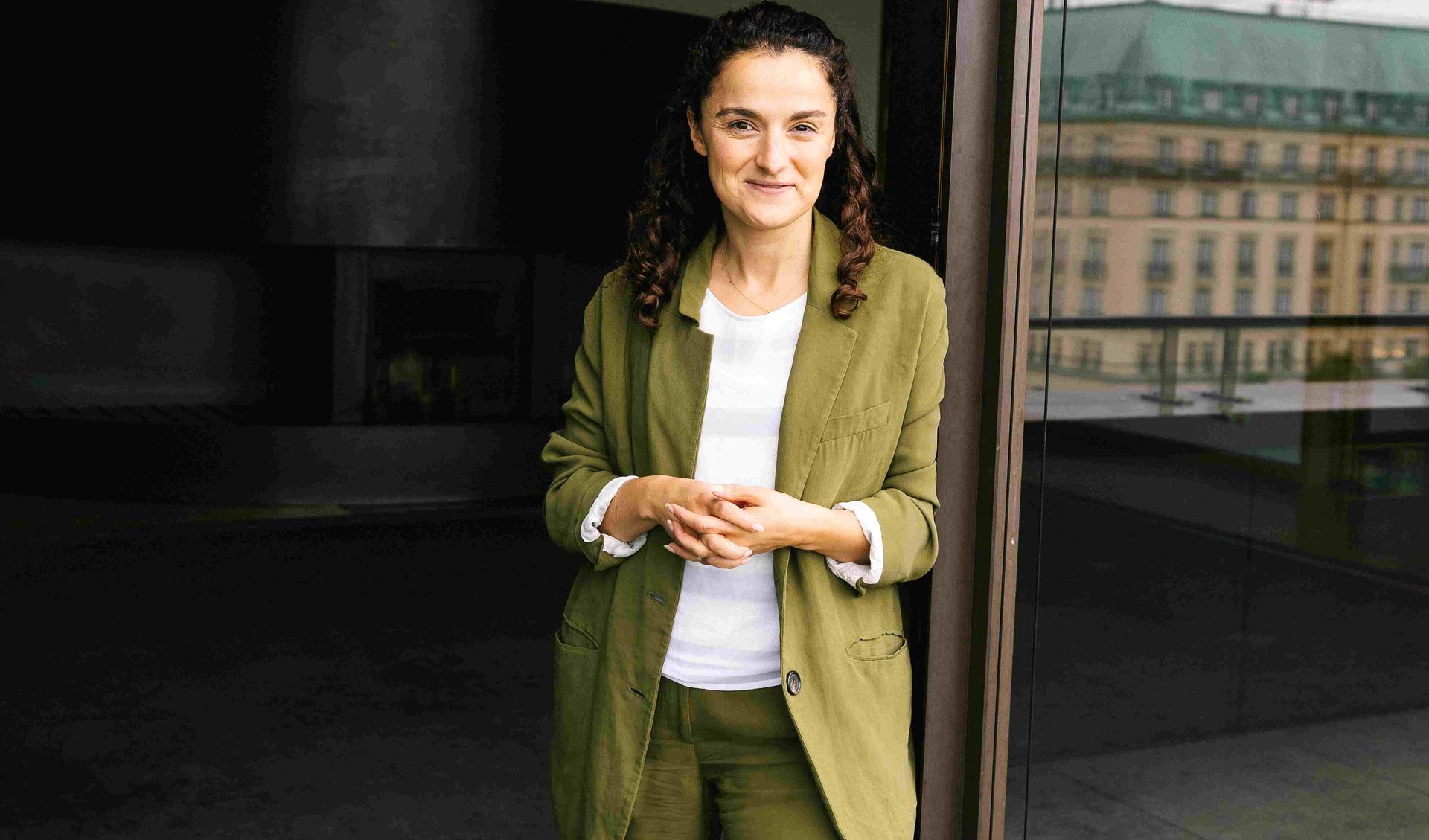The Allianz Foundation Next Generations Study 2023


What matters most: the future young adults want
These are the aspects that young adults view as relevant for the future they want:
Top priority: Security and affordability
(e.g., strong social safety net, affordable rent, safe public spaces)
“very important’”
High priority: A living planet and social justice
(e.g., carbon neutrality, low inequality)
“very important“
Medium priority: Strong democratic institutions
(e.g., independent media and citizen participation in politics)
“very important”
An ambivalent priority: Personal wealth, military strength and traditional values
(e.g., national traditions, strong military)
“very important”

Waiting room to the future: the future young adults expect
“Young adults perceive their societies as being in a state of transition — in a waiting room to the future!”
Green, yet less equal
The trend about which young adults are most hopeful is climate action, for example promoting the use of renewable energies. The majority of young adults support today’s green transformation agenda and expect their countries to become more eco-friendly over the next 10 years. Close to two thirds feel cautiously hopeful that the fight against climate change can be won.
Attitudes towards climate change
‘I’m hopeful we can win the battle against climate change'
Agree completely
Agree somewhat
Young adults across countries feeling cautiously hopeful that “the battle against climate change can be won”.
Ten year projection for economic developments: a less equal future
Many young adults expect that the future will be economically more precarious, and that they will face:
0 %
expect higher living costs
0 %
expect higher inequality overall
0 %
expect fewer high-paying jobs
0 %
expect worse work-life balance
Militarized, Yet Less Safe
Young adults have conflicting feelings about their country’s ability to defend them against threats from beyond their national borders. Close to 60% of respondents agree that Russia’s war in Ukraine could spread to their country. Yet, about the same number rejects the idea of compulsory military service outright. Despite their reluctance to serve in the military, many young adults expect their country’s armed forces to expand over the next 10 years (40% vs. 23% who think otherwise).

Picture by Markus Spiske on Unsplash
However, this higher protective wall is not reassuring to them. In fact, more young adults agree than disagree that their countries will become less safe in the future, not only because of geopolitics but also because of an eroding justice system, which 30% predict, especially in Greece (41%) and Poland (37%).
Diverse, Yet More Divided
Despite their grim economic outlook many young adults expect the future to bring better opportunities for migrants, the LGBTQI+ community and other minority groups in particular. These opportunities extend beyond the job market to areas such as the education system. At the same time, notably more young adults agree than disagree that social cohesion will suffer in the years to come, and that the rift between different groups in society will widen.
Attitudes towards equality
“Equality of opportunity for migrants, the LGBTQI+ community and other groups”
Will get worse
Will get better
Deep Mistrust of Established Institutions
Although 62% of young adults cope with these insecurities by remaining cautiously optimistic about their own personal future, young adults perceive their societies as being in a state of transition — in a waiting room to the future that is marked by profound uncertainties and in which the old ways of doing things no longer seem to work and new forms of “making” the future have yet to prove effective.

Noah Buscher on Unsplash

Engagement
Room for Growth: young adults' civic action
Most young adults want to have a say in their country’s future. And a clear majority of them already do have a say in individual ways, such as by voting and having political conversations. Yet, young adults are more hesitant when it comes to amplifying their individual voices and collectively pressuring decision-makers and the public.
Preferred: Individual Everyday Actions
0 %
of young adults vote
0 %
donate money or items
0 %
boycott products with a bad ecological footprint
0 %
share their political opinions with those in their social circle
Who has taken collective action?
Who else is willing?
Street-level protest
Non-violent civil disobedience
Support a political party or movement

© mika baumeister auf unsplash
The Why: A Call of Duty and Personal Growth.
Why do young adults take civic action?
0 %
take action to be sure that they did everything they could for a better future
0 %
take action because they see it as their "duty"
0 %
take action to develop as a person
Call to action issues: Climate change, discrimination and racism
to 68% of those who are deeply concerned about one of these issues have taken action

Aline Levkovich on Unsplash
The Why Not: No Idea, No Desire, Too Risky
Why do young adults not take civic action?
“I’ve got a wife and two kids and a mortgage. I can’t just go on protest marches every day.”Focus group participant in the UK
Between 54% and 69% agree that getting involved in their country could expose them to risks

Will Francis on Unsplash

Are young adults truly the “movers of tomorrow”? The answer is …
Are young adults truly the “movers of tomorrow”? The answer is “yes — potentially". But they cannot single-handedly change the course their societies will take. Not least because of the risks and disadvantages that to this day prevent many young adults from getting involved.

About the Study
Understanding young adults: Our research method
The Allianz Foundation Next Generations Study 2023 focuses on two generations of young adults: Generation Z (whose adult members are currently aged 18 to 26) and Generation Y, also referred to as Millennials (currently aged 27 to 39).
Given young adults’ pivotal role in the Europe of today and tomorrow, this study takes a closer look at how they imagine a future society and act to shape that future. The following three questions form the core of the study:
What kind of future society do young adults want to live in?
What kind of future society do they expect to live in?
What action do they take to help create the future they want — and why/why not?
To address these questions, the Allianz Foundation commissioned the SINUS Institute with conducting a study among young adults (aged 18 to 39) in Germany, Greece, Italy, Poland and the UK — five countries that reflect Europe’s diverse realities on much-discussed issues such as minority rights, anti-democratic tendencies and climate action.
Phase 1: Online focus groups
Five focus groups were conducted to gain an initial insight into how young adults view and shape the future. The guided discussions lasted 90 minutes each and were conducted online in the local language.
Phase 1: Where, who and when?
Diverse group of 34 young adults (aged 18 to 39), i.e. six to eight young adults per country.
The online focus groups were conducted between June 27 and July 4, 2022.
Phase 1: What?
- Pressing social issues and leading actors
- Visions for an ideal society
- Scenario-building: What would it take to get there?
- Civic engagement: Actions taken, actions considered, drivers and barriers, perceived risks
Phase 2: Representative survey
To validate the true-to-life input from the focus groups, a large-scale survey was carried out online. The survey sample mirrors the young adult populations in the five countries.
The survey consists of 2.6 million answers to 312 survey questions and subquestions.
Phase 2: Where, who and when?
10,000 young adults in Germany, Greece, Italy, Poland and the UK.
The survey was conducted between 3 September and 7 November 2022.
Phase 2: What?
- Socio-demographic characteristics
- The future young adults want
- The future young adults expect
- Who will lead the way to a desirable future?
- Civic engagement: Actions taken, actions considered, drivers and barriers, perceived risks
Our gratitude
The Research Advisory Board: Joanna Krawczyk, Prof. Dr. Klaus Hurrelmann, Magid Magid, Elias Perabo, Patrizia Pozzo and Niovi Zarampouka-Chatzimanou.
The SINUS-Institute Co-Authors: Dr. James Edwards and Dr. Marc Calmbach.
The SINUS-Institute Research Team: Dr. Rusanna Gaber, Lisa Dauer, Tim Gensheimer.
Digital design and programming : Alex Hitchcock (youmeokay.com)
Visual Concept and Layout (Print): plan p. GmbH
Project Lead and Chief Editor
Dr. Simon Morris-Lange
(Allianz Foundation)
© Allianz Foundation, Berlin October 2023
Allianz Foundation
Pariser Platz 6
10117 Berlin
allianzfoundation.org

